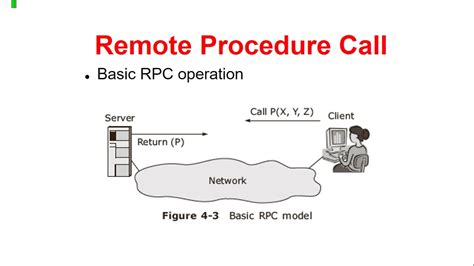Ethereum: Unable to call RPC API from another machine in the same local network
As a developer of Ethereum, you are probably familiar with the importance of interacting with your blockchain network using a remote process conversation (RPC). However, one common challenge arises when trying to call the RPC API on a knot operating on the same local network as another machine. In this article, we will study why this problem is emerging and provide possible solutions.
The problem:
When you start a Regtest node on your local network, it is an independent environment that controls Ethereum node with limited access control. However, when you try to call RPC API from other machines on the same local network, you meet an obstacle.
Moreover, the RPCALLOWIP option has been disabled by default for Regtest nodes operating on the same local network. This means that when you try to make requests to another Ethereum knot on a different machine using RPC, you will get an error.
Option rpcallowip:
In Ethereum Core 1.X and earlier the Rpcallowip option controls access permissions for RPC API on your node. When set to TRUE ', it allows RPC calls outside the local network (ie different machine). However, in Regtest mode, this option is disabled by default.
Why is this happening?
The reason for this behavior lies in the architecture and limitations of Ethereum's security. By design nodes Regtest are insulated environments that do not need to interact with external networks. As such, they are not bound by the same access permits as the production units.
When you start a Regtest node on your local network, it performs an internal Testnet copy that does not require RPC calls outside the network. Therefore, therpcallowipoption is disabled to prevent unauthorized access.
Decisions:
To solve this problem and make RPC API calls from other machines in the same local network:
- Use another network: If you need to interact with the Ethereum node on another machine in the same local network, consider using another network (for example,RPCUSER
orRPCPASSWORD). You can then use these options instead ofrpcallowip.
- Setrpcallowip
toTrue:on your regtest knot you can set rpcallowipto True 'before you start it on the same local network:
bash
regtest -r -n --rpcallowip True
Be cautious when using this option as it allows RPC calls outside the local network.
- Use a different RPC API:
Consider using the Ethereum Api
Eth_geteventaddressorEth_Callmethods instead of making traditional RPC calls to external nodes.
Conclusion:

While rpcallowip aims to control access permits for RPC API on your node, its default behavior in Regtest mode prevents interactions with other machines on the same local network. Understanding why this is happening and by implementing one or more of these solutions, you must be able to successfully call the RPC API from other machines on the same local network.
This will unlock new opportunities for development, testing and exploration in the local Ethereum ecosystem!